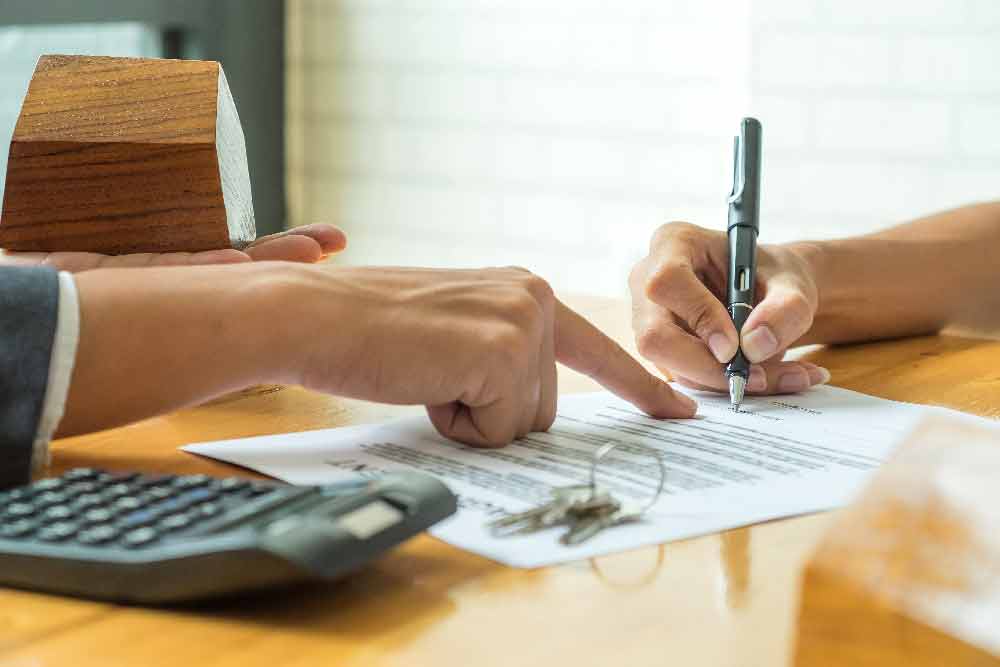The following are typical of the FAQs we receive from tenants:
I have been given a Letter of Offer to lease retail premises by the landlord’s real estate agent. What should I do now?
- conducting physical due diligence of the building structure and the landlord’s fixtures, plant and equipment contained within it. In this regard, we recommend a building report be obtained from a qualified tradesperson. Similarly, a suitably qualified tradesperson should inspect all landlord fixtures, plant and equipment within the premises, such as air-conditioning, for example. Any problems arising out of those reports should be dealt with as amendments to the Letter of Offer, requiring the landlord to rectify those problems prior to the commencement of the Lease; and
- speaking to a retail leasing lawyer. The lawyer should conduct legal due diligence of the premises and the landlord and advise you on the terms of the proposed Lease as described in the Letter of Offer. If necessary, the lawyer may be able to negotiate any changes you may require to the Letter of Offer before it is signed. The lawyer should also advise you on whether the Letter of Offer constitutes a binding agreement to enter into the proposed Lease. Many Letters of Offer we see require tenants to pay significant deposits to the landlord’s agent. Those deposits may be jeopardised if the tenant does not proceed with the Lease after having signed the Letter of Offer.
After signing a Letter of Offer, I have been given copies the landlord’s Disclosure Statement signed by the landlord and Lease documents for execution. What should I do now?
Ideally, you should provide the documents to a retail leasing lawyer to:
- ensure the terms of the documents correspond with what you have agreed to in the Letter of Offer and to check the terms of the documents against the requirements of the Retail Leasing Act 2003 (Vic) (RLA);
- advise you on the wider legal terms of the Lease which were not mentioned in the Letter of Offer;
- seek amendments to the terms of the documents which do not correspond with the Letter of Offer, the RLA or your understanding of how you will occupy the premises; and
- advise you on the tasks you (as the incoming tenant) may need to undertake before you can take possession of the premises, which may include:
- obtaining public liability insurance coverage which complies with the insurance requirements of the Lease (which will usually include noting the landlord’s interest as an insured party on the insurance policy);
- the provision of a cash security deposit or obtaining a bank guarantee (and complying with the requirements for bank guarantees under the terms of the Lease); and
- obtaining the landlord’s approval to any proposed fitout;
- assist with the timely execution and return of the Lease documents to the landlord’s agent; and
- seek from the landlord the return of the fully executed Lease documents and, where relevant, the consent of any mortgagee on title to the grant of the Lease by the landlord .
I have entered into a Lease and have taken possession of the premises. Is there anything more I should do concerning the Lease?
Yes, at a minimum you should:
- ensure you and your employees comply with the various obligations applying to the tenant under the Lease document;
- diarise the last day you can exercise any option to renew the lease for a further term (noting that if you exercise the option after that last date, the landlord might not be obliged to extend or renew the Lease);
- ensure that you and your employees comply with the tenant’s obligations under any building rules which might apply (where the premises are located within a larger building: for example, a shopping centre);
If you would like assistance with your retail leasing, please contact Nevett Ford Melbourne.

